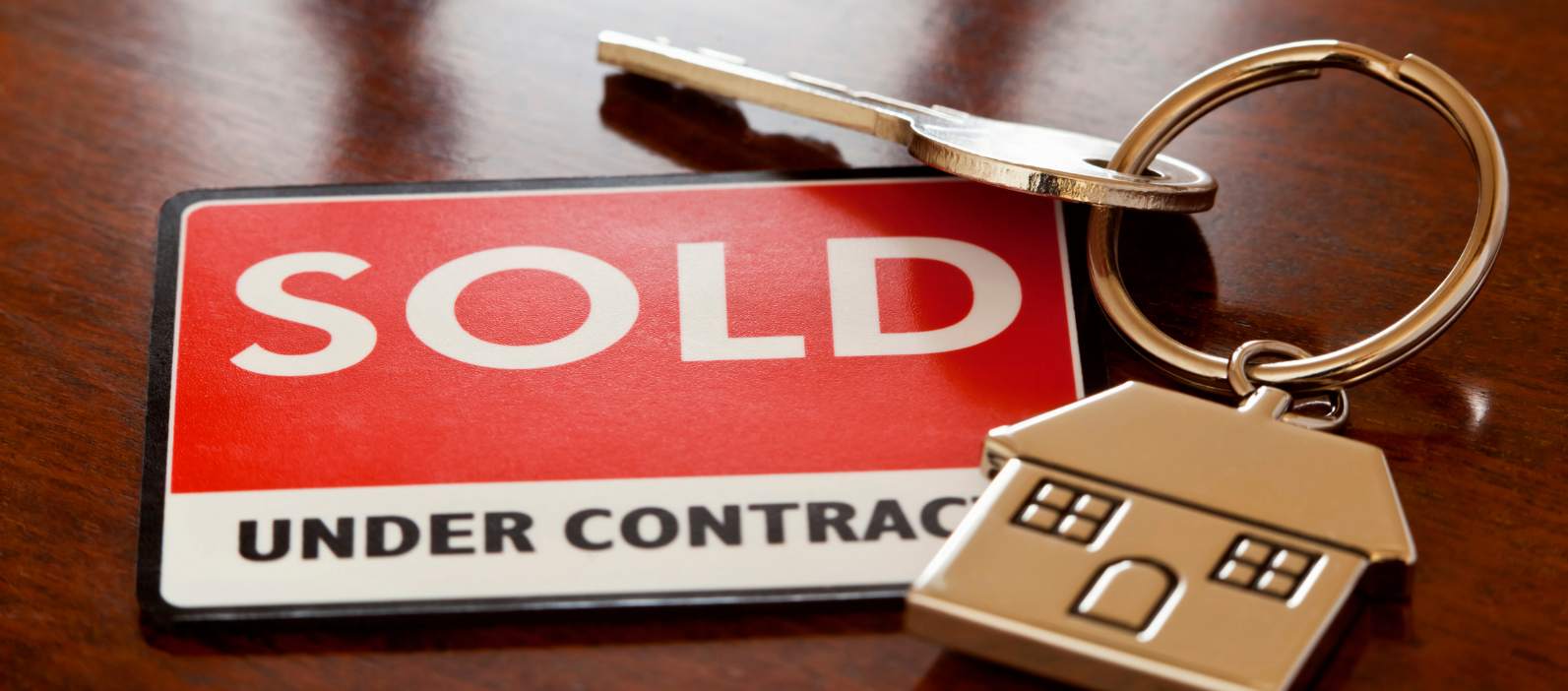Embarking on the journey of selling a property can open doors to substantial financial gains. However, the voyage comes with its share of financial obligations, with Capital Gains Tax (CGT) being a notable one. Understanding CGT and how it impacts the profits from your property sale is crucial for a smooth transaction. This guide sheds light on the essential facets of Capital Gains Tax for property sellers and offers navigational tips for this financial landscape.
Understanding Capital Gains Tax (CGT) For Property Sellers
Capital Gains Tax is levied on the profit realized from the sale of a property, which is the difference between the selling price and the acquisition cost. In South Africa, CGT forms part of income tax and is enforced when you dispose of an asset and make a capital gain.
Calculating CGT: A Simplified Breakdown
Calculating CGT can initially seem daunting, but with a basic understanding, it becomes manageable. Here’s a simplified breakdown:
1. Determine the selling price of your property.
2. Subtract the acquisition cost (what you paid for the property plus any capital improvements).
3. The result is your capital gain. A portion of this gain is subject to CGT.
Impact on Property Sellers
The impact of CGT is manifold. It reduces the net profit from the sale and may affect the decision to sell. Being prepared for this tax obligation ensures there are no surprises post-sale.
Navigating Capital Gains Tax for Property Sellers With Ease
Navigating through CGT requires a blend of awareness, preparation, and professional guidance. Here are some tips:
- Seek Professional Advice: Consult a tax advisor to understand the implications of CGT on your property sale.
- Keep Accurate Records: Maintain records of the acquisition cost, capital improvements, and selling expenses.
- Consider the Timing: The timing of your property sale can impact the CGT you owe. Discuss this with your tax advisor.
- Explore Financial Solutions: Bridging finance can be a solution to manage financial obligations during a property sale, including covering CGT.
Enlisting Conveyancing Attorneys: A Wise Move
Enlisting the expertise of conveyancing attorneys can significantly smoothen the process of handling Capital Gains Tax obligations during property transactions. They play a critical role in the transfer process, overseeing each step to ensure compliance with the tax laws of South Africa.
One of their main tasks is advising on real estate taxes, including Capital Gains Tax, which is essential for both resident and non-resident property sellers. They help in calculating the CGT accurately, ensuring all the costs that can be deducted from the selling price are accounted for. This precise calculation is crucial as CGT forms part of your annual income tax return and must be accurately reported to South African Revenue Service (SARS).
SARS: Your Go-To Resource for CGT Information
The South African Revenue Service (SARS) website is a treasure trove of information regarding Capital Gains Tax. It provides detailed guidelines on how CGT is applied to property sales, how it’s calculated, and how to comply with the necessary tax obligations. The website also offers various tools and resources that can aid property sellers in understanding and calculating their CGT liability accurately.
CGT Payment Facilitation by Conveyancers
When it comes to facilitating the payment of CGT, especially in transactions involving non-resident sellers, conveyancing attorneys shine. They are required by law to disclose payment responsibility to the buyer. In practice, they obtain a mandate from the buyer to make the payment to SARS on the buyer’s behalf, ensuring that the tax obligations are met promptly and accurately.
Understanding Capital Gains Tax and its implications on your property sale is imperative. Leveraging the expertise of conveyancing attorneys and utilizing the resources provided by SARS can significantly ease the navigation through the financial landscape of property selling in South Africa. With professional guidance and accurate information, property sellers can make informed decisions, ensuring a smooth transaction and compliance with the tax laws.
Further reading:




